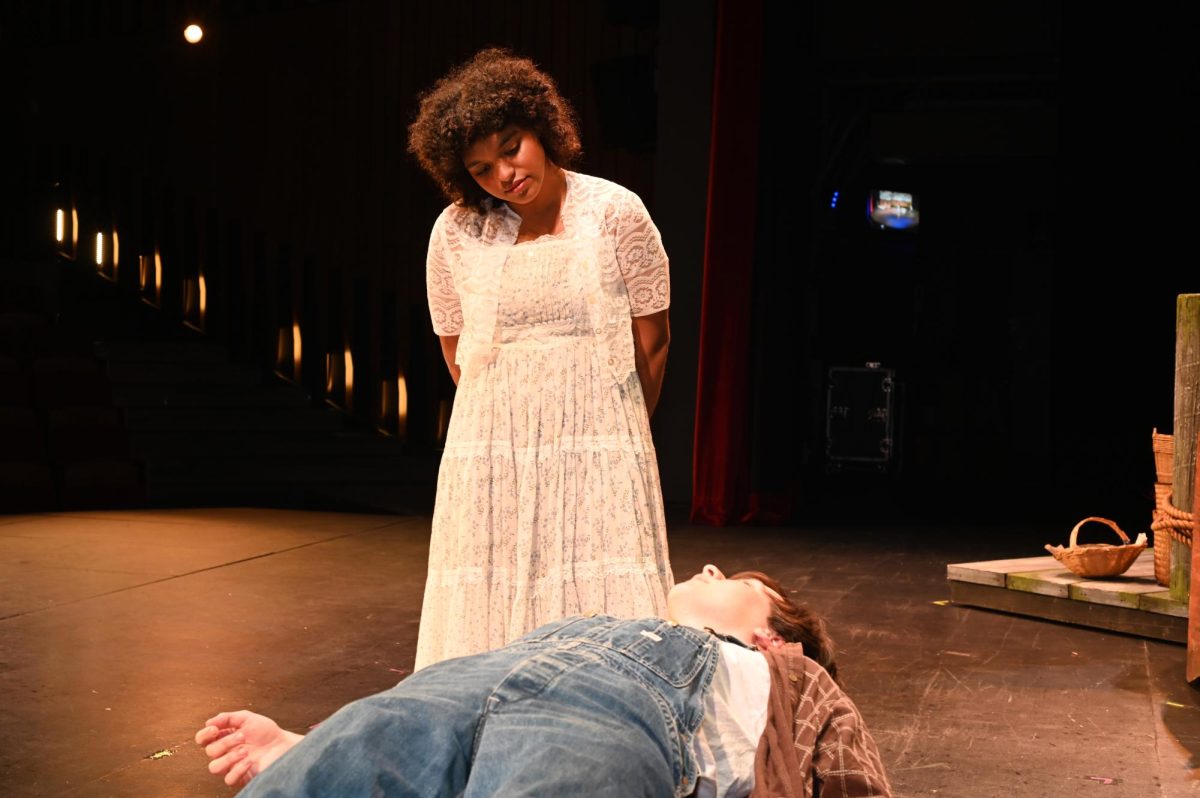Banned Books Week, Sept. 30 to Oct. 6, is an annual celebration that highlights the freedom to read and the importance of free and open access to information.
According to American Library Association, Banned Books Week brings together the entire literary community of librarians, publishers, journalists, booksellers, teachers and readers from every background in a shared support of the freedom to seek and express ideas, even those some consider unorthodox or unpopular. Banned Books Week draws attention to challenged and banned books.
A challenge is an attempt to remove or restrict materials, based upon the objections of a person or group and banning is the removal of those materials.
“Challenges are often motivated by a strong desire to protect children from “inappropriate” or “offensive” sexual content or language,” the ALA website says.
According to the Office of Intellectual Freedom, the top three reasons cited for challenging materials are the material is considered to be “sexually explicit”, the material contains “offensive language” or the material is “unsuited to any age group.”
According to the ALA, book censorship can be a national or local issue, and can carry legal penalties for infractions. Books can also be challenged within a community and can be removed from schools or libraries in that area as a result of banning.
Even some of the classics have been challenged or banned such as “The Great Gatsy”, “The Catcher in the Rye”, “The Grapes of Wrath”, “To Kill a Mockingbird”, “The Color Purple”, “Lord of the Flies”, “Of Mice and Men”, “Animal Farm”, “A Farewell to Arms” and “Gone With the Wind”
Most challenged authors of the 21st century include Judy Blume, Suzanne Collins, Robert Cormier, Stephen Chbosky, John Steinbeck, Mark Twain, Toni Morrison, Lois Lowry, Peter Parnell, J. D. Salinger, Maurice Sendak, J. K. Rowling, Katherine Paterson, Stephen King, S.E. Hinton, Maya Angelou and Roald Dahl.
Robert Brener, Allen J. Ellender Memorial Library director, said the library is doing a few things to “celebrate” Banned Books Week and encourage students to read a banned book.
“We have a modest display on the second floor with a sign that says ‘read a banned book’ that has some of the banned books we have in the library like Harry Potter,” Brener said. “Our librarians have been having a very good professional time putting together our banned books section. We have also posted about Banned Book Week on our Facebook page.”
While books continue to be banned, part of the celebration during Banned Books Week is that, in a majority of cases, the books have remained available as a result of dedicated librarians, teachers, students and community members who stand up and speak out.
As Supreme Court Justice William J. Brennan, Jr., said in Texas v. Johnson, “If there is a bedrock principle underlying the First Amendment, it is that the government may not prohibit the expression of an idea simply because society finds the idea itself offensive or disagreeable.”
Banned Books Week celebrates freedom to read
Kami Ellender
•
October 4, 2012
0
More to Discover








